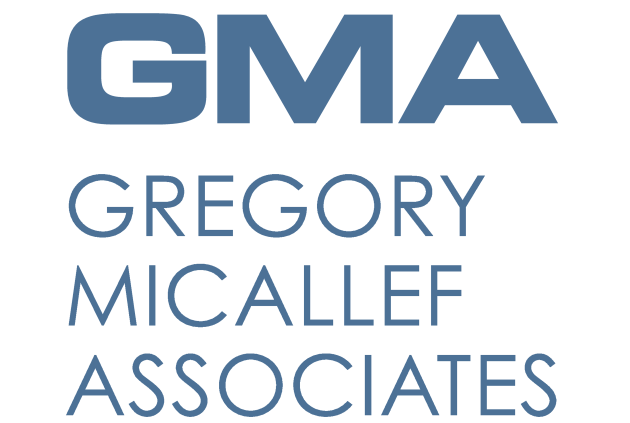The need for people to work from home during the Covid-19 outbreak is reported to have led to a huge increase in the downloads of business teleconferencing apps and in the use of popular cloud-based services like G Suite.
Surge In Downloads
Downloads of remote and collaborative working and communication apps such as Tencent Conference (https://intl.cloud.tencent.com/), WeChat Work (from China), Zoom, Microsoft Teams and Slack are reported to have risen by a massive fivefold since the beginning of the year, driven by the effects of the Covid-19 outbreak.
For example, services such as Rumii (a VR platform, normally $14.99 per month) and Spatial, which enable users to digital meetings in virtual rooms with 3D versions of their co-workers have seen a boost in the number of users, as has video communications app zoom.
Freemium Versions
Even though many of these apps have seen a surge in user numbers which could see users continuing to use them and recommending them in future if their experiences of the apps are good, the ‘freemium’ versions (the basic program for free and advanced features must be paid for) appear to account for most downloads.
Some companies, such as Rumii, have now started to offer services for free after noticing a rise in the number of downloads as Covid-19 spread in the United States.
G Suite
Google’s cloud-based G Suite service (Gmail, Docs, Drive, Hangouts, Sheets, Slides, Keep, Forms, Sites) is reported to have gone past the two billion monthly active users mark at the end of last year. It appears to have gained many active users due to people preparing to work from home following the Covid-19 outbreak.
Google has also offered parts of its enterprise service e.g. Hangouts Meet (video conferencing) for free to help businesses during the period when many employees will need to work from home.
Microsoft
Microsoft is also reported to be offering a free six-month trial for its collaborative working platform ‘Teams’, which surpassed the 20 million active user mark back in November.
Unfortunately, Microsoft Teams suffered a reported two-hour outage across Europe on Monday, just as many employees tried to log in as part of their first experience of working at home in what some commentators are now calling the new “post-office” era.
What Does This Mean For Your Business?
Cloud-based, collaborative and remote working and communications platforms are now providing a vital mitigating lifeline to many businesses and workers at the start of what is likely to be a difficult, disruptive, dangerous and stressful time. Companies that can get the best out of these cloud-based tools, especially if they can be used effectively on a smartphone, may have a better chance of helping their businesses survive a global threat. Also, the fact that many companies and employees are forced to seek out and use cloud-based apps and platforms like these could see them continuing to make good use of them when the initial crisis is over and we could be witnessing the trigger of a longer-term change in working towards a post-office era where businesses make sure they can last out the effects of future similar threats.


